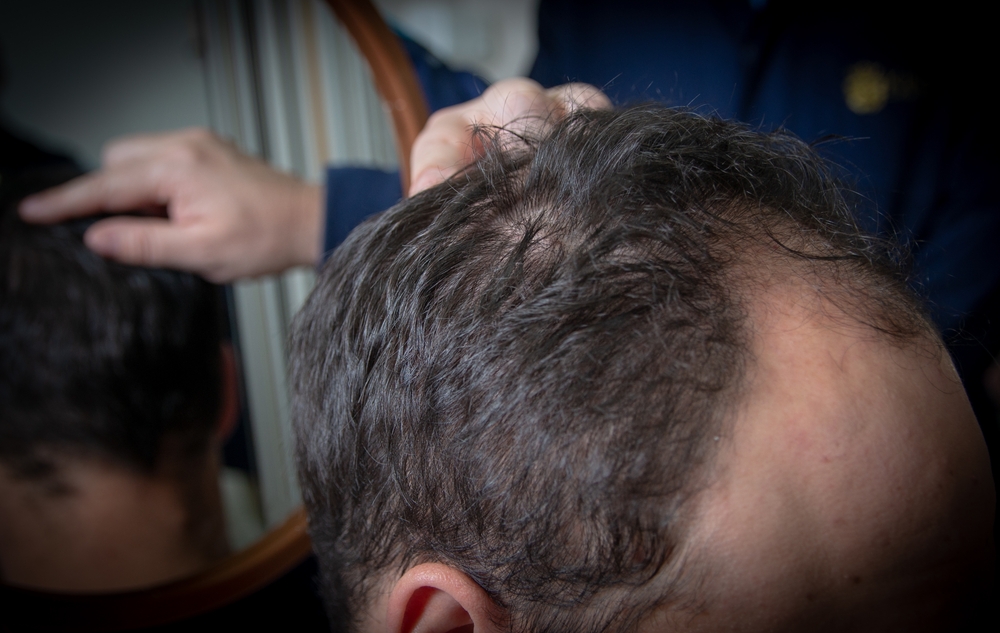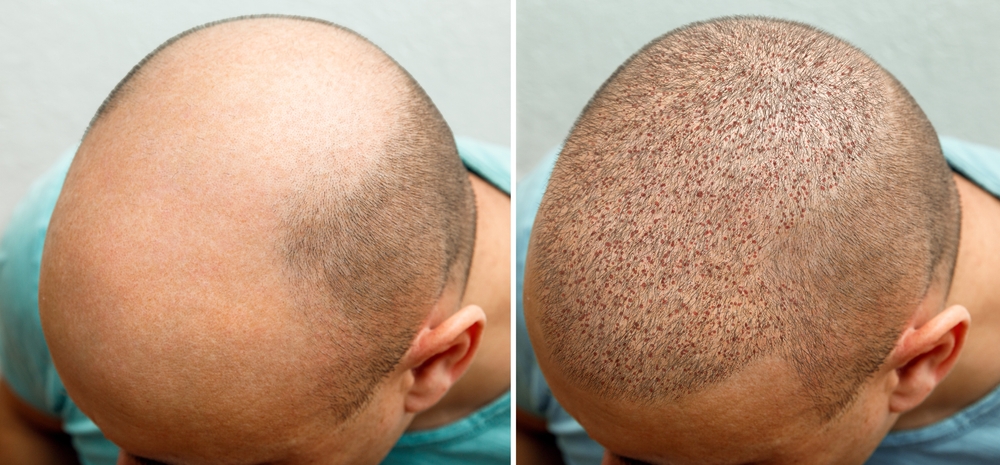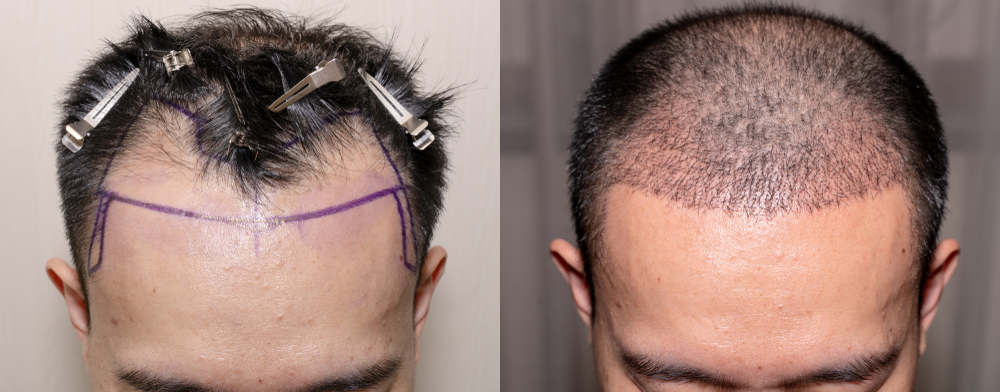Not everyone is a suitable candidate for a hair transplant procedure. Several factors can disqualify individuals from undergoing a hair transplant.
Here are some common reasons why someone may not be eligible for a hair transplant…
- Insufficient Donor Hair – Hair transplant surgery involves taking hair follicles from one area of your body (usually the back or sides of the scalp, known as the donor area) and transplanting them to the thinning or balding areas (recipient area). If a person lacks sufficient healthy donor hair, they may not be a candidate for the procedure.
- Advanced Hair Loss – Hair transplants are most effective for individuals with early to moderate hair loss. In cases of advanced baldness or extensive hair loss, there may not be enough donor hair to cover the bald areas adequately.
- Unrealistic Expectations – Unrealistic expectations about the outcomes of the procedure may disqualify someone from getting a hair transplant. Have a clear understanding of the limitations and potential results of the surgery.
- Medical Conditions – may contraindicate hair transplant surgery. Conditions such as uncontrolled diabetes, bleeding disorders, or immune system disorders may increase the risks associated with the procedure.
- Scalp Issues – Scalp conditions like psoriasis, dermatitis, or active infections in the recipient area can interfere with the healing process and may make someone ineligible for a hair transplant until the issue is resolved.
- Scarring Tendency – Some individuals tend to develop hypertrophic or keloid scars, which can be more prominent after surgery. A history of excessive scarring may make a person a poor candidate for a hair transplant.
- Young Age – Hair transplant surgery is generally not recommended for very young individuals, especially those under the age of 25, as the pattern and extent of hair loss may not be fully established, and further hair loss may occur in the future.
- Smoking and Substance Abuse – Smoking and certain substances can negatively affect the healing process and the success of the hair transplant. Surgeons may advise individuals who smoke or abuse substances to quit or address these issues before considering the procedure.
- Financial Constraints – Hair transplant procedures can be costly, and not everyone may have the financial means to undergo the surgery. In such cases, cost may be a barrier to getting a hair transplant.
Consult with a qualified hair transplant surgeon who can assess your case and determine if you are a suitable candidate for the procedure. They will consider your medical history, the extent of your hair loss, the quality of your donor’s hair, and your overall health before making a recommendation. Non-surgical hair restoration options may be available for those who do not qualify for or are not interested in surgery.





